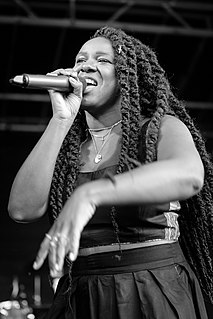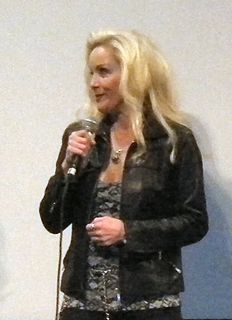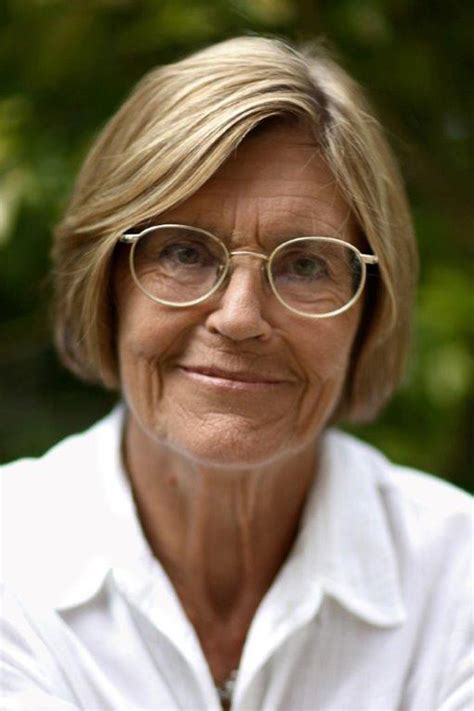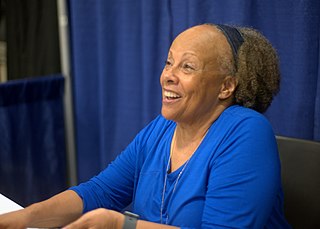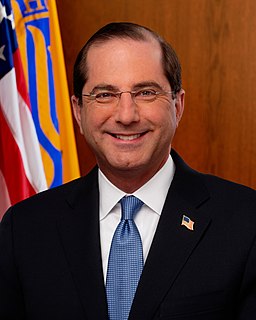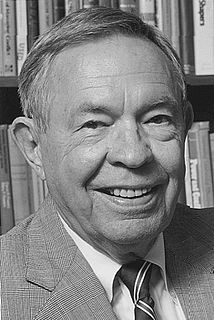Цитата Бет Мур
Я считаю, что дети по своей природе очень снисходительны. Я не думаю, что дети ожидают, что их родители будут идеальными. Я думаю, они требуют, чтобы их родители были настоящими.
Связанные цитаты
Вы должны научиться смотреть людям, которые злятся на вас, прямо в глаза, не злясь в ответ. Когда дети видят, что их родители так с ними обращаются, они признают авторитет родителей. Это говорит громче, чем слова. Их новое уважение к родителям так же хорошо для них, как и для родителей. Требовать уважения к детям никогда не получится. Она должна даваться добровольно в результате силы хорошего характера у родителей, что проявляется в их нереагировании на стресс у детей.
Я действительно вселила в сына страх Божий, потому что дети такие губки. Чем раньше вы научите их закону страны, тем легче они примут его во взрослом возрасте. Я считаю, что родители, приютившие своих детей, совершают огромную ошибку. Дети действительно замечательные. Они многое умеют. Это просто мы, родители. Мы думаем, что должны защитить их, а когда приходит реальный мир, они рушатся. Так что я думаю, что поступил правильно в своем воспитании.
Современные дети были значительно менее невинными, чем предполагали родители и общество в целом, а постмодернистские дети менее компетентны, чем хотелось бы верить их родителям и обществу в целом. . . . Восприятие детской компетентности переложило большую часть ответственности за защиту и безопасность детей с родителей и общества на самих детей.
Я думаю, что для детей всегда естественно бунтовать против своих родителей и устанавливать свою собственную идентичность. А еще я думаю, что родители заинтересованы в том, чтобы поступать правильно? И поэтому их беспокойство о том, чтобы быть хорошими родителями, может в некотором роде негативно повлиять на отношения.
Больше всего я научился у своего сына уважать его и любить его безоговорочно. Я верю, что если родители будут уважать своих детей и воспитывать их в любви и справедливости (и не только словами, но и собственным поведением), отношения с детьми будут прекрасными. Тогда родители всегда будут гордиться своими детьми, а дети всегда будут гордиться своими родителями. В семье будет мир, а дом будет святилищем.
Подросток не бунтует против родителей. Она восстает против их власти. Если бы родители меньше полагались на силу и больше на несиловые методы воздействия на своих детей с младенчества, детям было бы не против чего бунтовать, когда они станут подростками. Таким образом, использование власти для изменения поведения детей имеет одно серьезное ограничение: власть родителей неизбежно заканчивается, и раньше, чем они думают.


